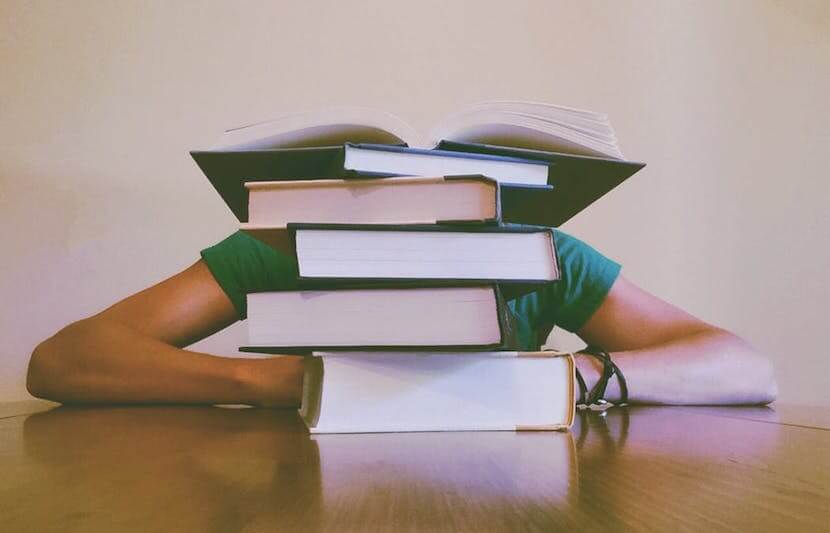A recent study gives new credence to the old wisdom that the best way to learn is by learning from your mistakes.
The researchers found that in some instances, when learning new material, making mistakes can help a student internalize the material and perform better afterwards.
Students learned better when their mistakes were “near misses,” defined as being meaningfully related to the correct answer.
Random, or “out in left field” guesses, on the other hand, did not help the student learn.
“Our research found evidence that mistakes that are a ‘near miss’ can help a person learn the information better than if no errors were made at all,” Nicole Anderson, associate professor in the Departments of Medicine (Psychiatry) and Psychology at the University of Toronto, a senior scientist at Rotman Research Institute, Baycrest, and senior author of the study, said in a statement. “These types of errors can serve as stepping stones to remembering the right answer. But if the error made is a wild guess and out in left field, then a person does not learn the correct information as easily.”
The paper is published in the journal Memory.
The researchers conducted two interrelated studies.
First study
In one study, 32 young adults with no knowledge of Spanish were asked to translate Spanish words into English.
Spanish was selected due to the unique relationship between many Spanish and English words.
“Spanish words are interesting because some of them are known as ‘false friends’ by linguists — they strongly resemble an English word but mean something different,” said Anderson. “For, example, ‘carpeta’ looks like ‘carpet,’ but means ‘folder.’ ”
“Other words are known as ‘unreliable friends’ — they look like an English word but mean something related and not so distant; for example, ‘carrera’ looks like ‘career,’ but means ‘degree,’ ” she continued.
The participants were asked to guess the English translation of 16 Spanish words, and told the correct translation after each guess. The participants then were given a short break and asked again to recall the translations.
The researchers found that people were better able to recall translations for Spanish words that were similar to the English word.
Misleading words — the so-called “false” or “unreliable friends” — were harder for the participants to memorize.
Second study
A second study was similar, but used only English words.
In this experiment, participants were given a cue word (“band,” for example) and either shown a related target word (“music”) or asked to guess the target word. The participants were challenged to remember the target word later in the experiment.
At this point, participants were then shown a new target word that was either related to the original target word (“guitar,” in this case) or was related to a homophone to the cue word (“elastic,” as in elastic band).
The researchers found that participants tended to remember target words better after “near miss” answers ( “guitar”) than after “out in left field” answers (“elastic”), or if they were simply told the answer in the first place.
Implications
The researchers believe these results demonstrate that mistakes can function as “stepping stones,” for the learner, essentially pointing them in the right direction.
“That is, in a test, you see a memory cue, and you think ‘oh, I thought it was career, but it was degree,’ and then remember the correct word accurately,” said Anderson. “Because ‘near miss’ errors are closer semantically to the target, they serve as more effective stepping stones.”
The results, Anderson noted, supports previous research that suggests that young adults learn better when learning is more difficult.
The researchers also have reason to believe that younger learners are not the only ones who benefit from mistakes. Previous research on this topic suggests that older learners likewise learn better when they make mistakes during the learning process.
Ultimately, these results demonstrate the important of learning and internalizing material before taking a practice test.
“If a person takes a practice test and is unfamiliar with the content, they risk making guesses that are nowhere near the right answer,” Anderson said in a statement. “This could make it harder for them to learn the correct information later.”
The researchers plan on continuing their study on the relationship between mistakes and learning as they move forward.
They are currently examining the results of a magnetic resonance imaging study that shows participants’ brain activity during “near miss” and “out in left field” mistakes.



